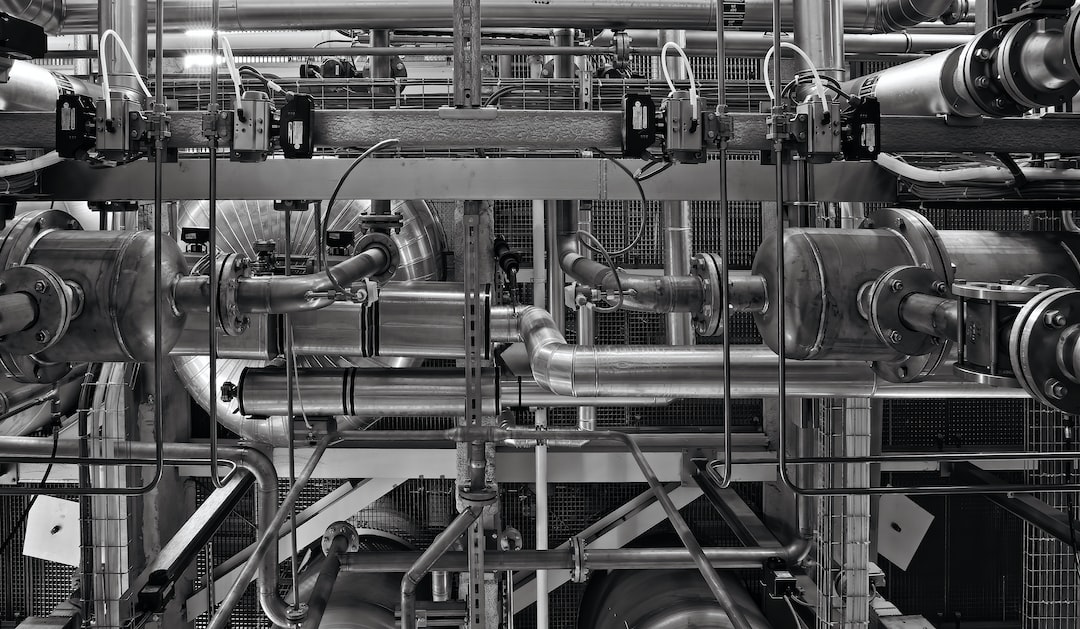How Robotics are Transforming the Manufacturing Landscape
Over the past few decades, manufacturing industries have witnessed a significant transformation in their operations, thanks to the advent of robotics. Robotics, with their precision, efficiency, and reliability, have revolutionized the manufacturing landscape, offering a wide range of benefits to businesses worldwide. In this blog post, we will dive into how robotics are transforming the manufacturing industry and shaping the future of production.
Increased Precision and Accuracy
One of the most significant advantages of incorporating robotics in manufacturing processes is the enhanced precision and accuracy they bring. Unlike humans, robots perform repetitive tasks with utmost consistency, eliminating any chances of human error. This precision leads to increased product quality, reduced defects, and improved overall efficiency. The use of robotics ensures that each product adheres to strict quality standards, eliminating variations and inconsistencies that can arise from human involvement. As a result, manufacturers can deliver products that meet or even exceed customer expectations, enhancing their reputation and gaining a competitive edge in the market.
Improved Efficiency and Productivity
Robots in the manufacturing sector are capable of performing operations much faster and more efficiently than humans. They can work round the clock without any breaks or fatigue, ensuring uninterrupted production. This leads to increased productivity and significant cost savings for businesses. With robots handling repetitive or hazardous tasks, human workers can be redeployed to more complex and value-added activities, such as design or quality control. Consequently, manufacturers can optimize their workforce and allocate resources where they are most needed, contributing to greater overall efficiency.
Enhanced Workplace Safety
Robots are designed to perform tasks that are dangerous or physically demanding for humans. By taking over hazardous operations, robots ensure that human workers are protected from potential injuries or accidents in the workplace. This can greatly reduce worker compensation claims and improve employee satisfaction. Additionally, by reducing the physical burden on workers, robots contribute to better working conditions, thereby attracting and retaining talent in the manufacturing industry. Embracing robotics not only promotes workplace safety but also creates a positive work environment that fosters employee well-being and productivity.
Flexibility and Adaptability
The advancements in robotics have resulted in the development of highly flexible and adaptable systems that can cater to changing manufacturing demands. Manufacturers can program robots to handle different tasks and switch between various production lines with minimal downtime. This flexibility allows businesses to respond promptly to fluctuations in demand, optimize production cycles, and reduce lead times. With robots capable of rapidly adapting to varying production requirements, manufacturers gain a competitive advantage by being able to offer greater customization to their customers.
Cost Reduction
Despite the initial investment required to implement robotic systems, they can bring long-term cost savings to manufacturers. The use of robotics leads to reduced labor costs, as robots replace human workers in repetitive or labor-intensive tasks. This not only results in lower salary expenses but also eliminates costs associated with employee benefits, training, and turnover. Furthermore, robots can operate with greater energy efficiency, leading to reduced power consumption and utility bills. Additionally, robots minimize material waste and errors, reducing the overall production costs. Over time, these cost savings accumulate, allowing manufacturers to achieve greater profitability and invest in technological advancements.
Conclusion
The incorporation of robotics in the manufacturing industry has brought about a paradigm shift in production processes. From increased precision and accuracy to improved efficiency and cost reduction, robots have transformed the way products are manufactured. As advancements in robotics continue to accelerate, it is clear that their role in the manufacturing landscape will only grow stronger. Furthermore, the widespread adoption of robotics will have profound implications for the future of work, with a need for re-skilling and re-imagining job roles. Embracing robotics is no longer an option but a necessity to stay competitive and meet the evolving demands of the manufacturing sector.

